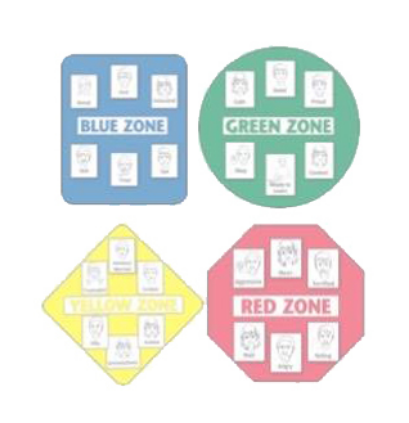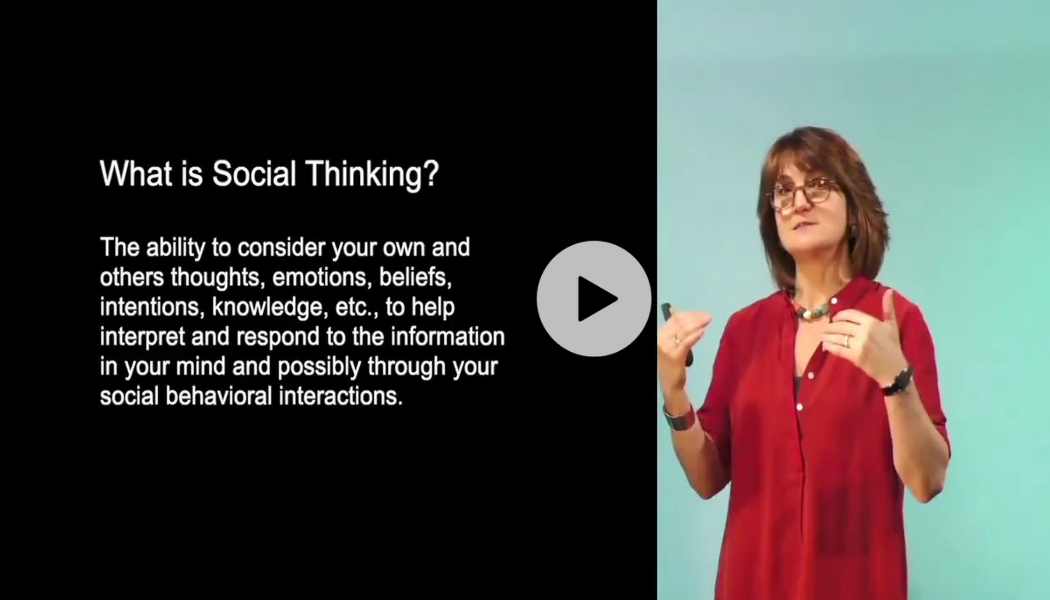Understanding our own and others’ thoughts and feelings is a part of our daily human experience, no matter where we are or what we are doing by ourselves or with others—reading, watching, writing, participating in groups, or interacting. It’s a critical function of our social minds, which grow and evolve with age. Social emotional learning is cumulative throughout our lives, so let’s get down to teaching what being social really means—to all children!
As soon as children start school, they are placed into learning groups, and it’s assumed that they bring with them basic knowledge of how to work, learn, play in groups, form relationships, and feel included to help themselves and others succeed. This knowledge is rarely taught explicitly. It’s as if we expect all children, beginning at age four, to cooperate, to understand that other people are different from them, that each of us is unique and has our own thoughts and feelings.
The reality is they don’t. Yet, throughout our 25+ years of research, practice, and teaching, we’ve found that when children learn the mechanics of why and how we actually do this using our social minds—it helps them develop deeper insights into what is going on around them. That’s why classrooms, schools, and hundreds of thousands of interventionists around the world are teaching the award-winning Social Thinking curricula and resources to their elementary school-age students.
The Social Thinking Methodology provides specific vocabulary and different developmentally based curricula, lessons, strategies, and activities—created especially for elementary school children. Social Thinking unpacks how the social world works and why for interventionists (educators, therapists & parents) and their social learners, so that all children can have access to understanding and learning how to navigate the social world and move toward improvement in their own social goals.
Explore our broad range of products, online courses, and free resources for teaching practical concepts, vocabulary, and strategies to help guide social learners in some of the most significant learning of their lives.









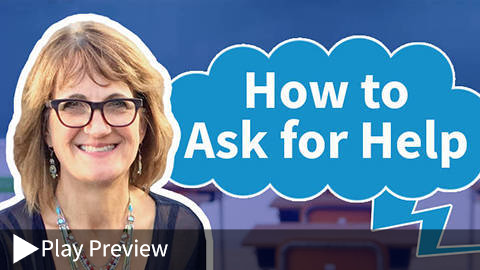
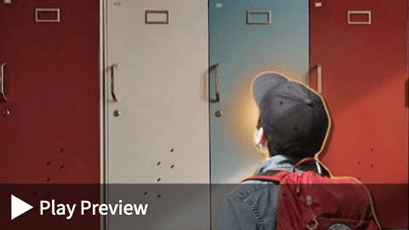

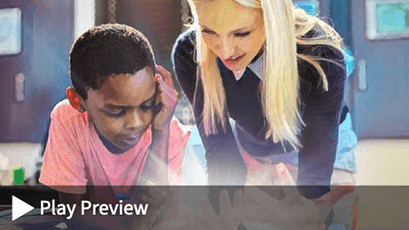




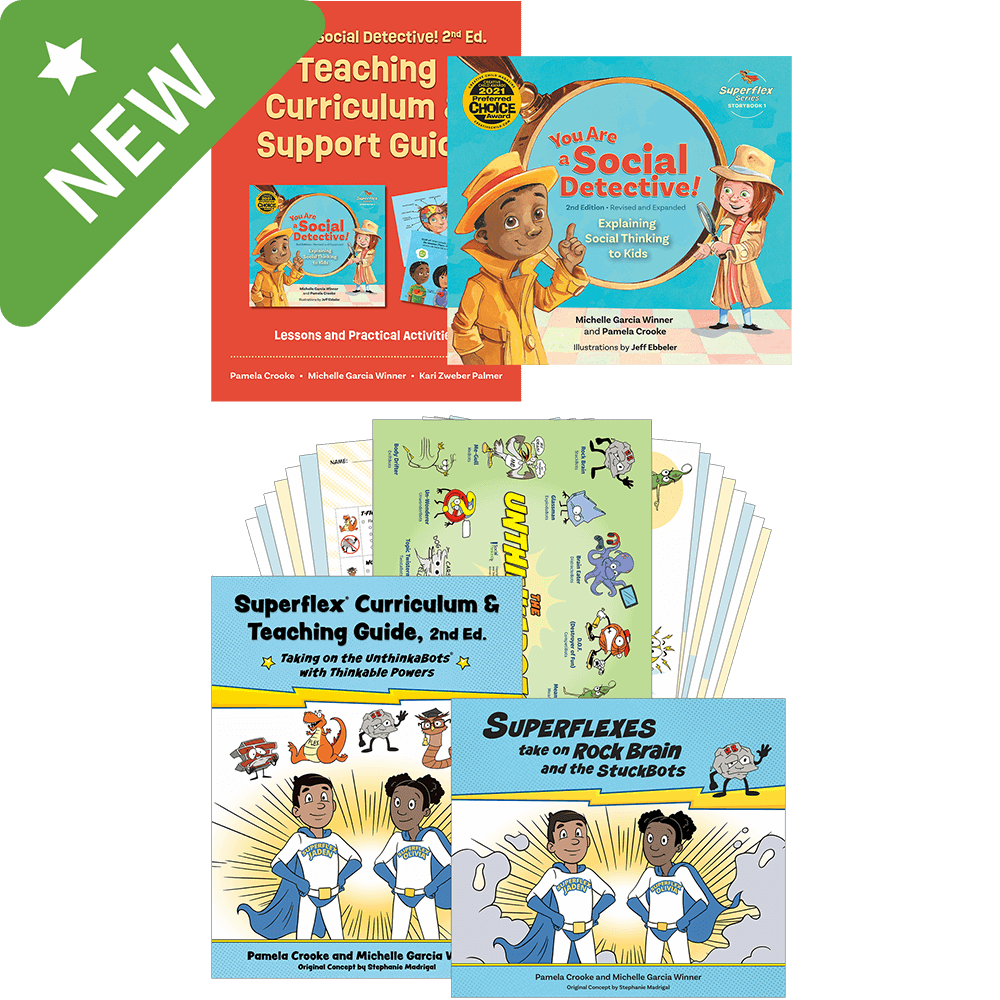
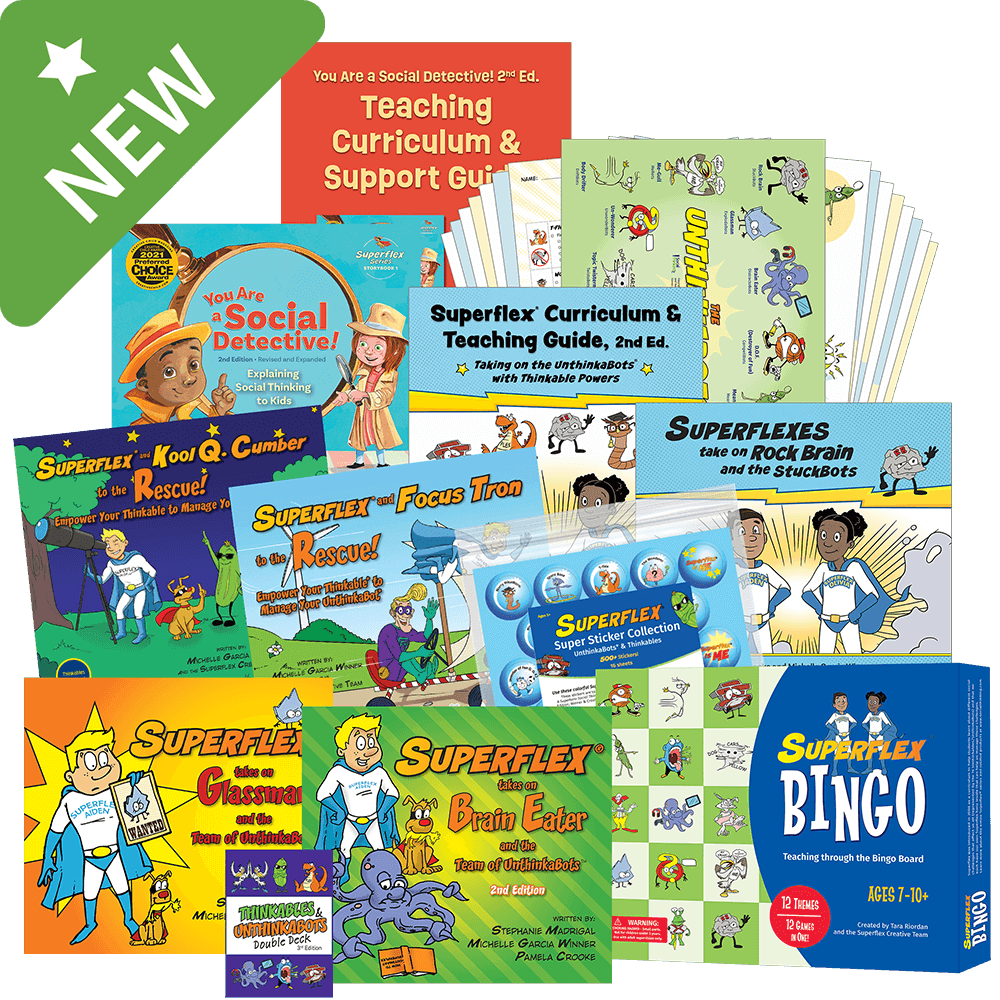
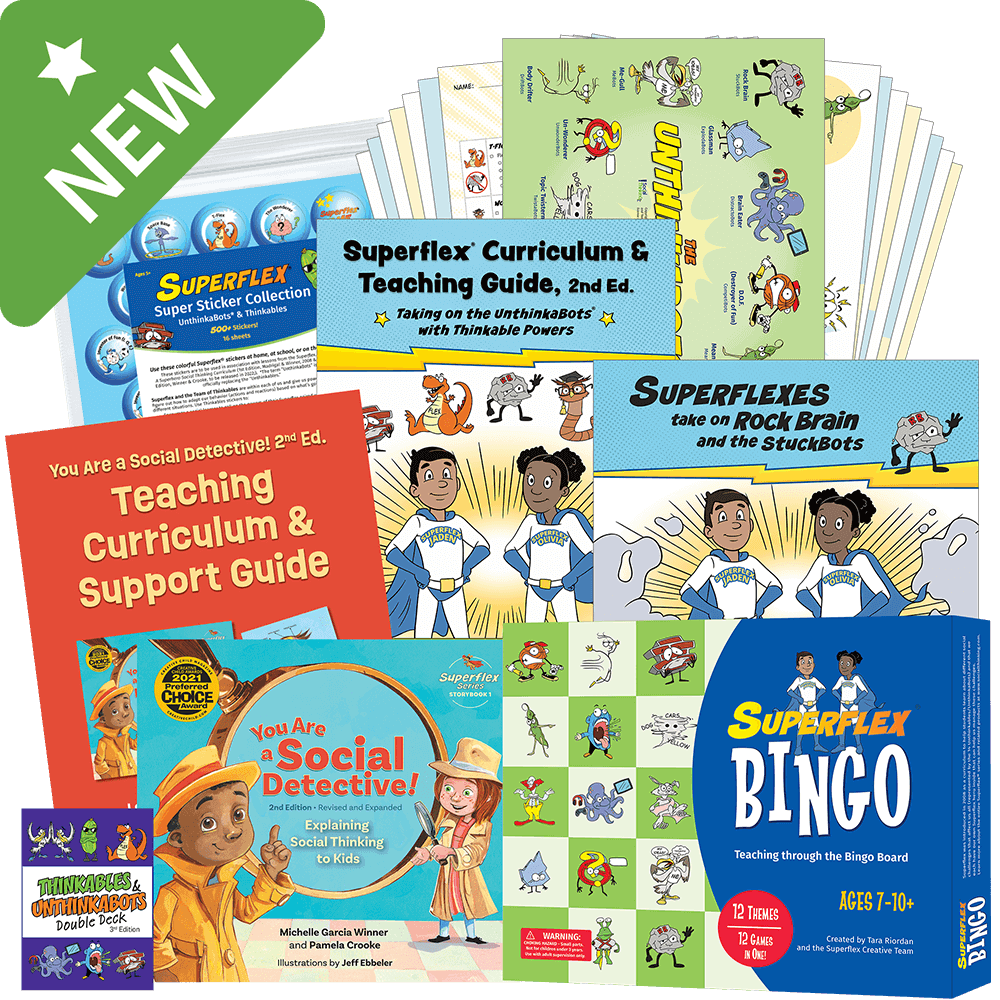
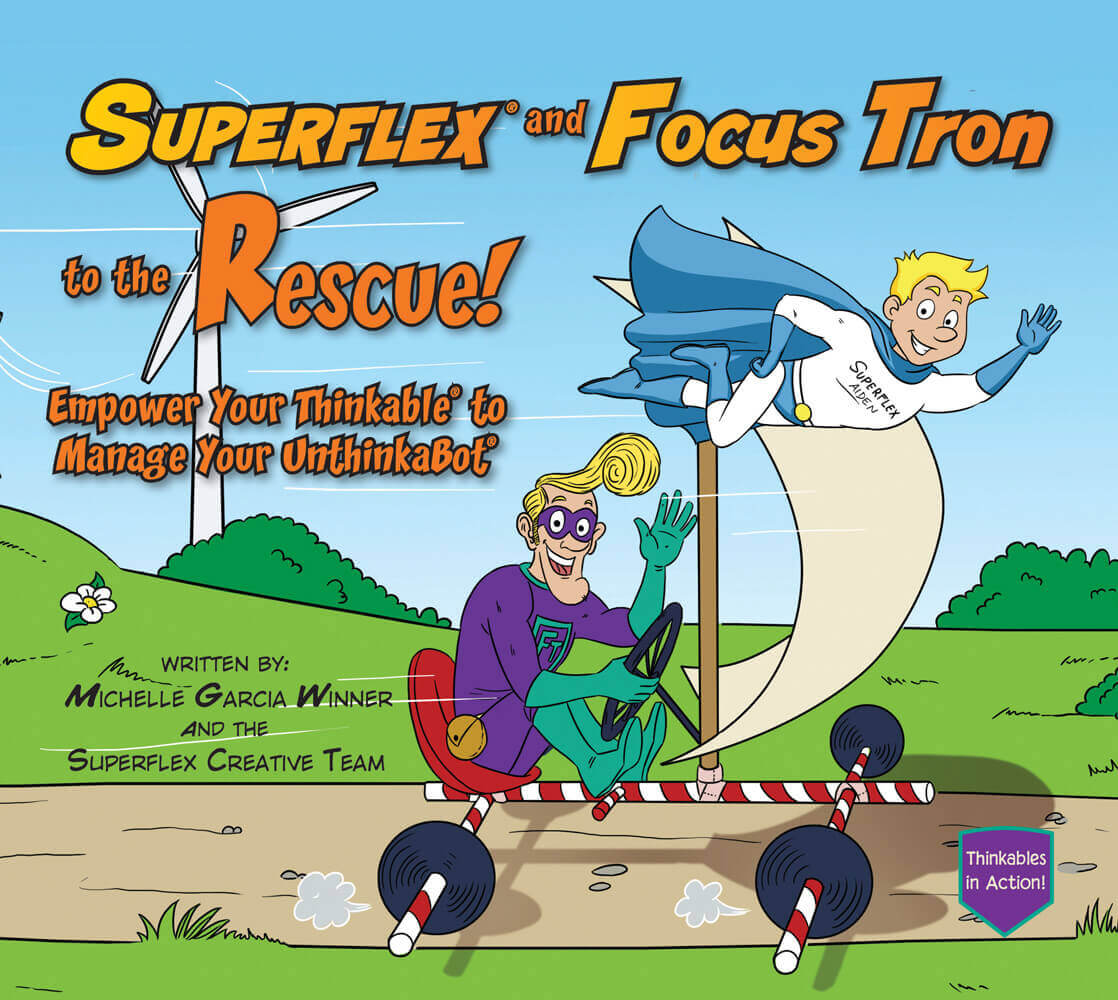
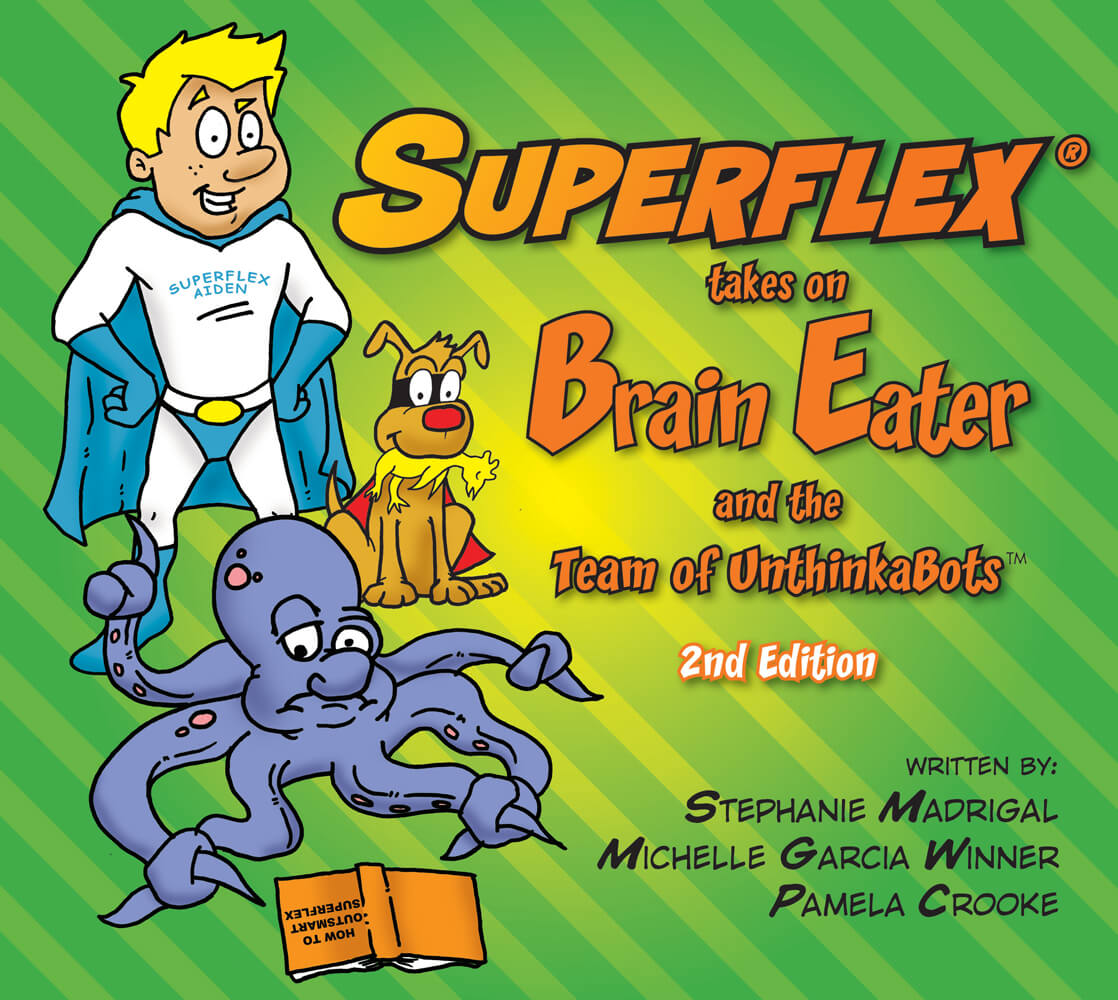
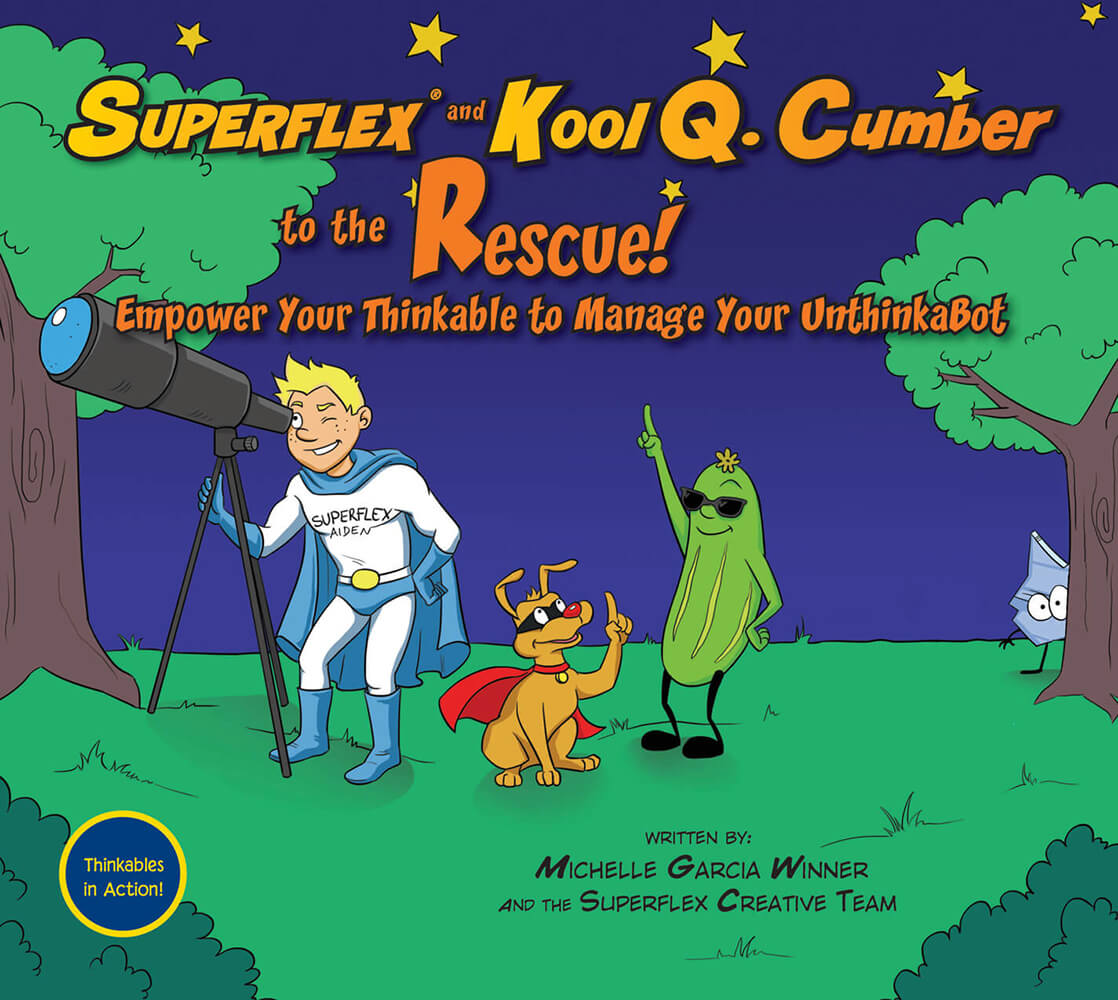
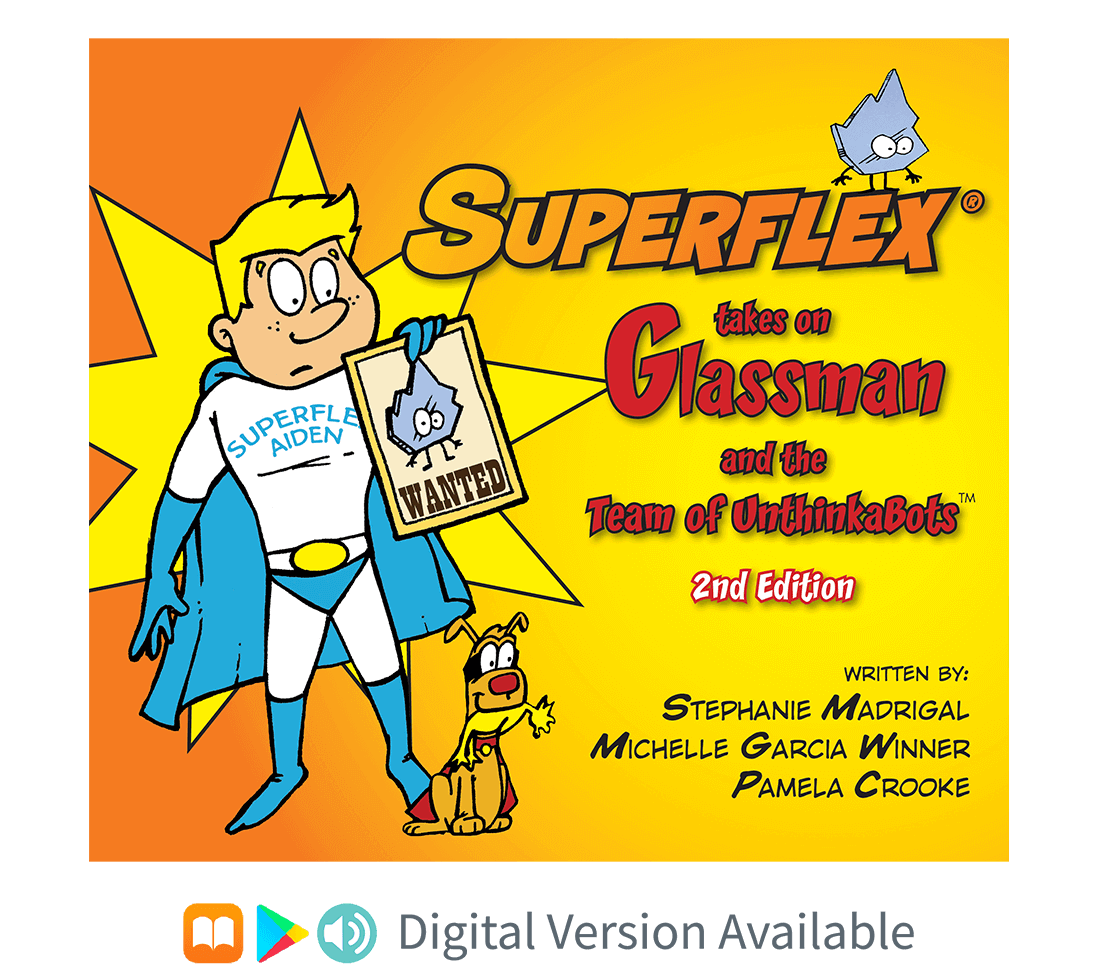
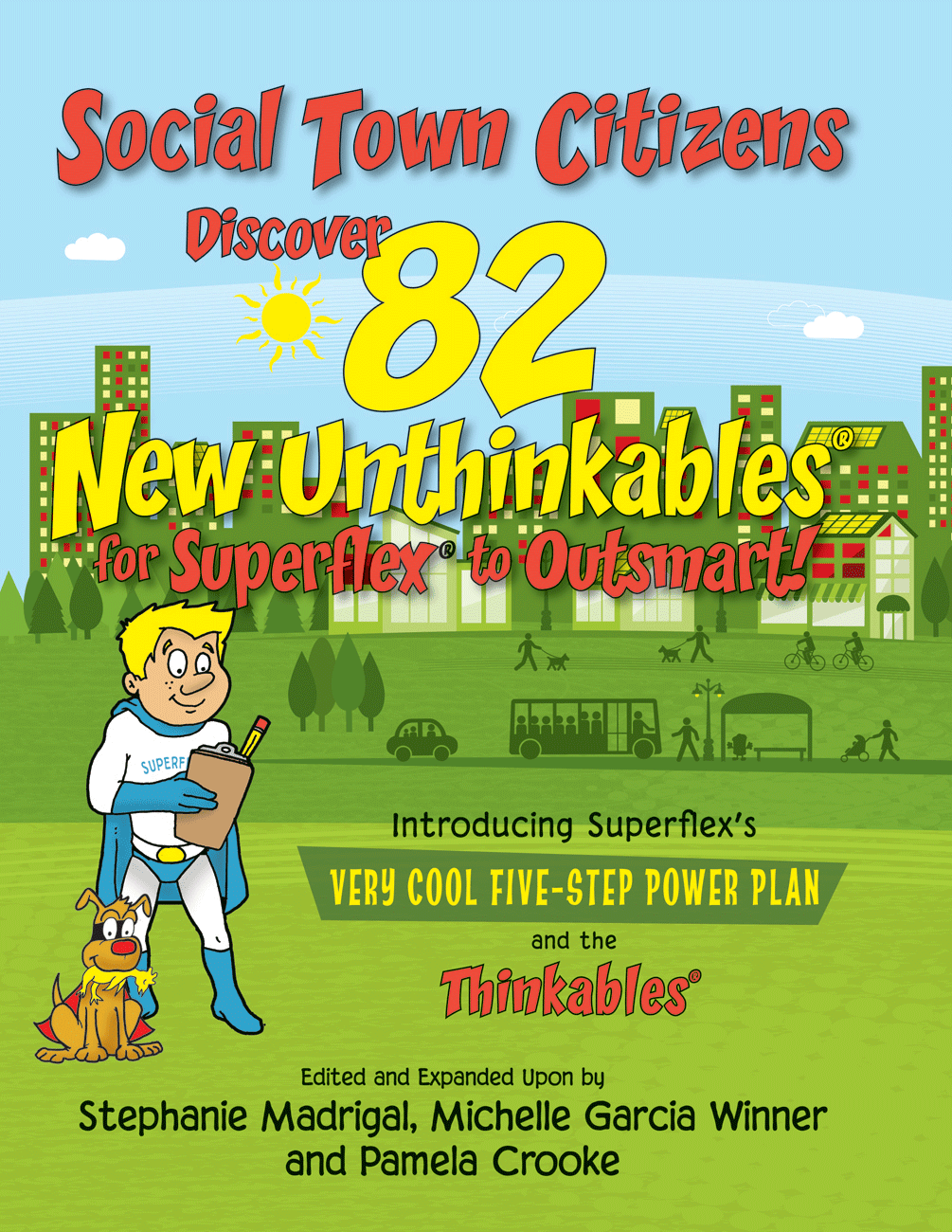
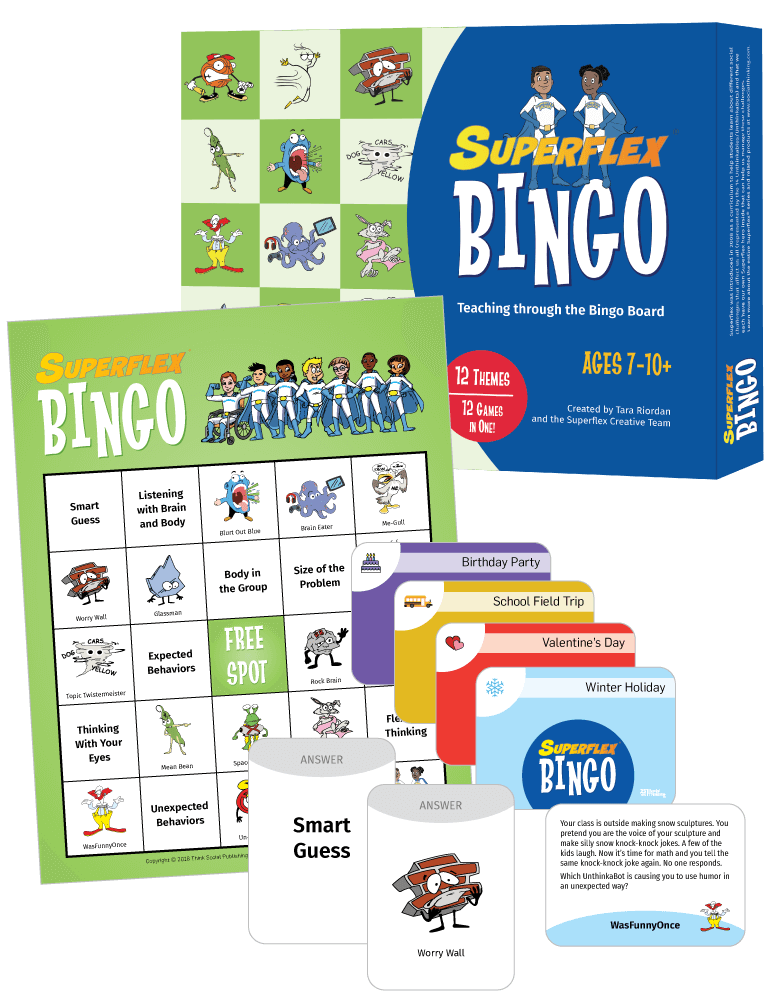
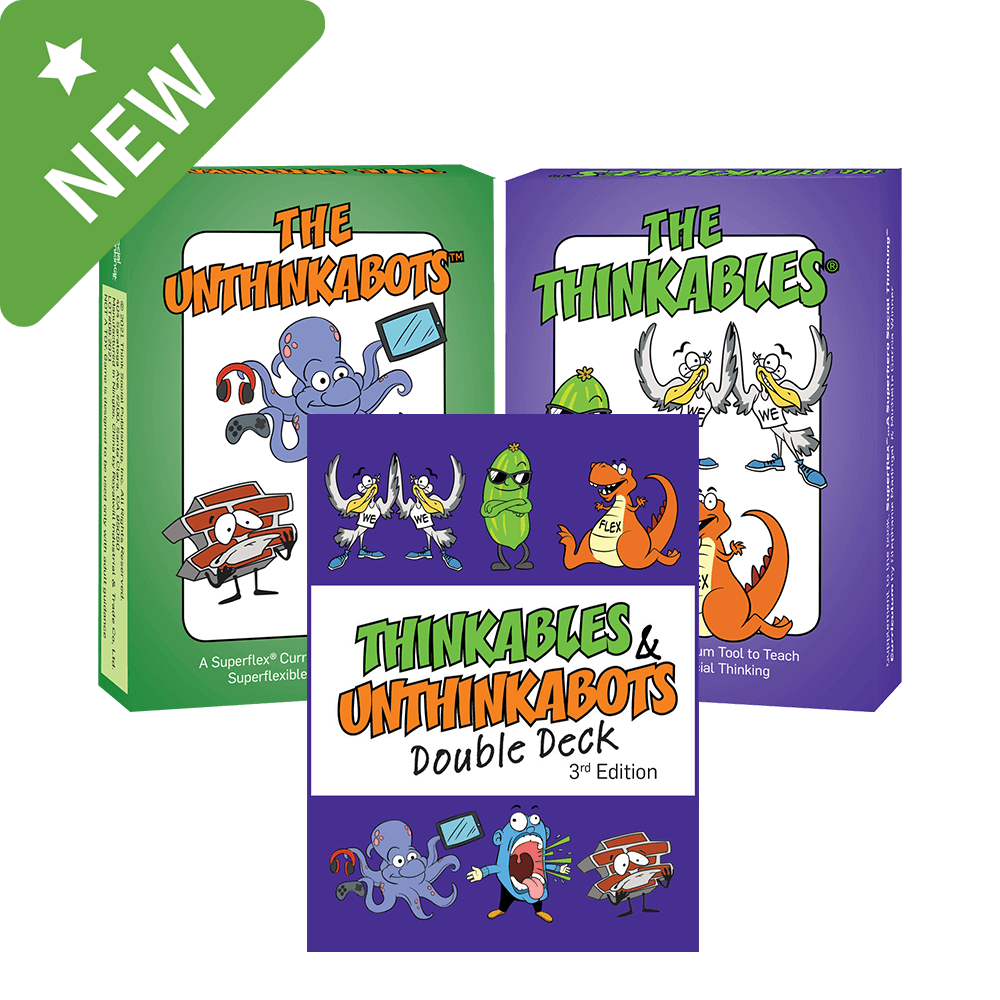
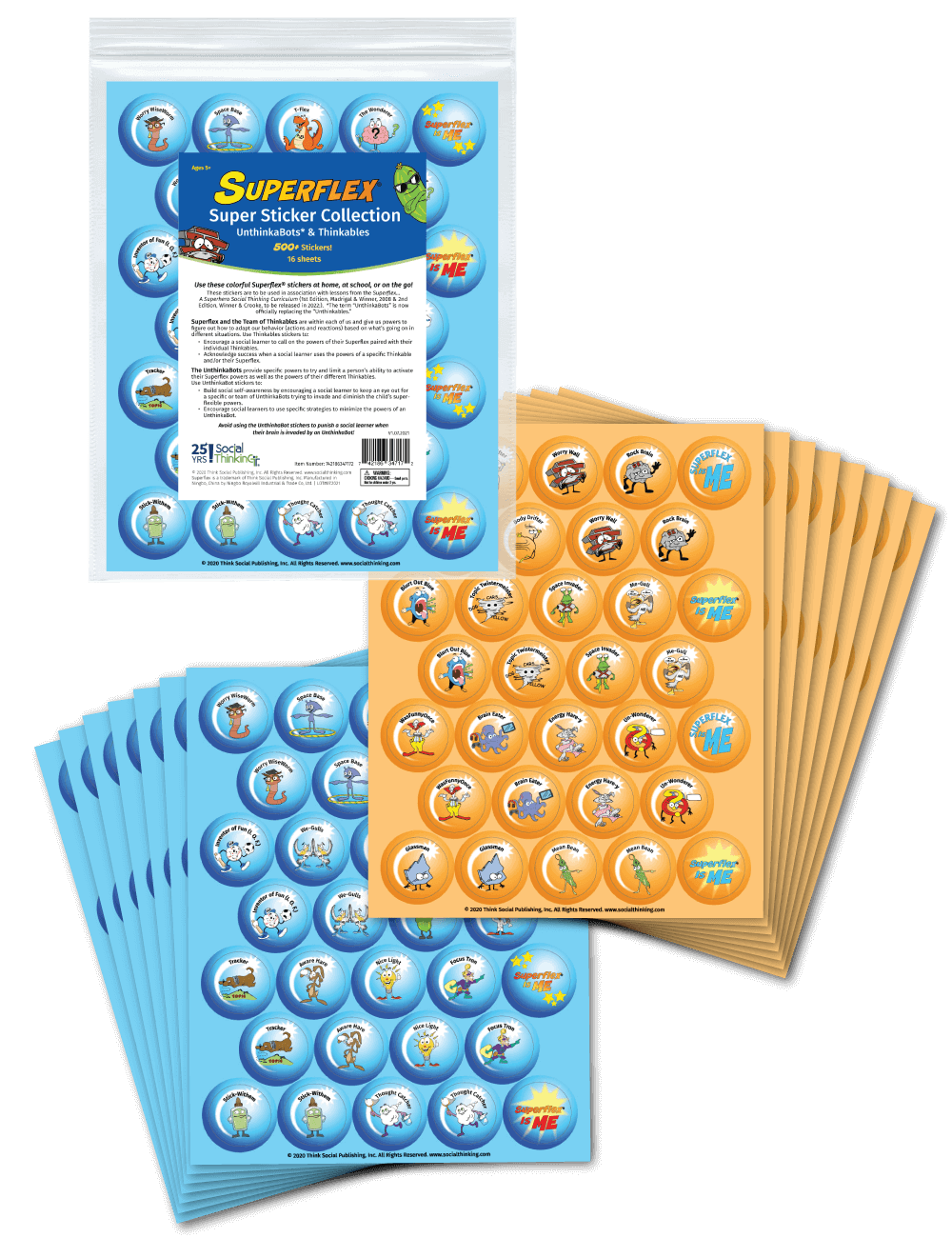


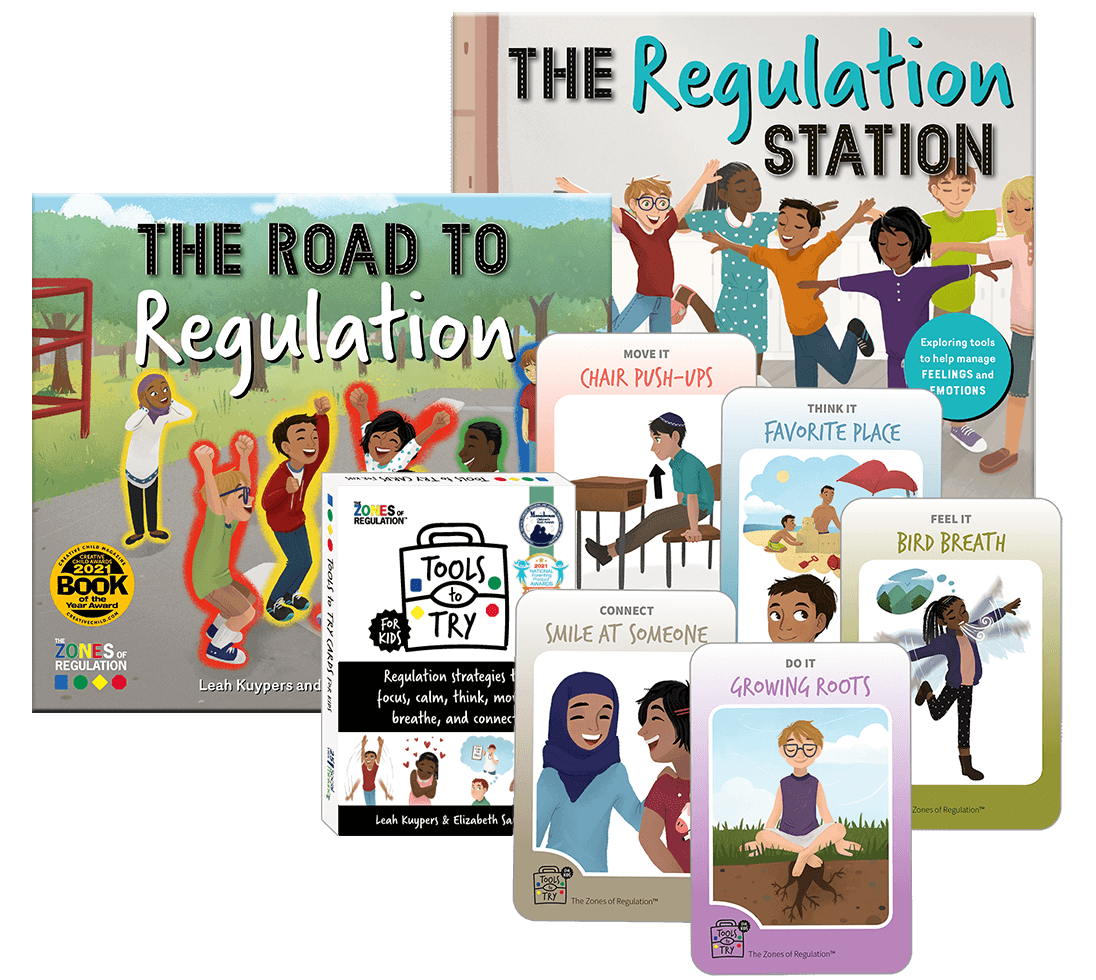
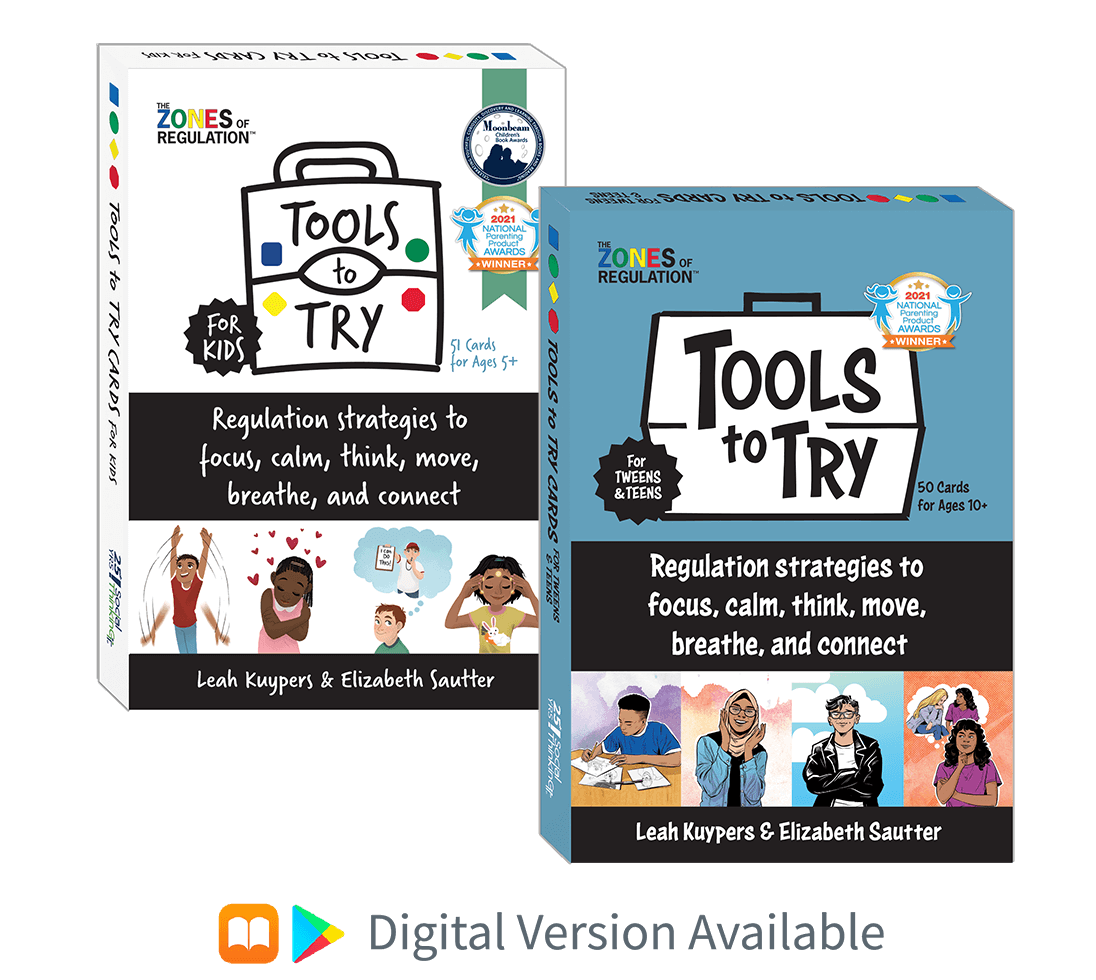




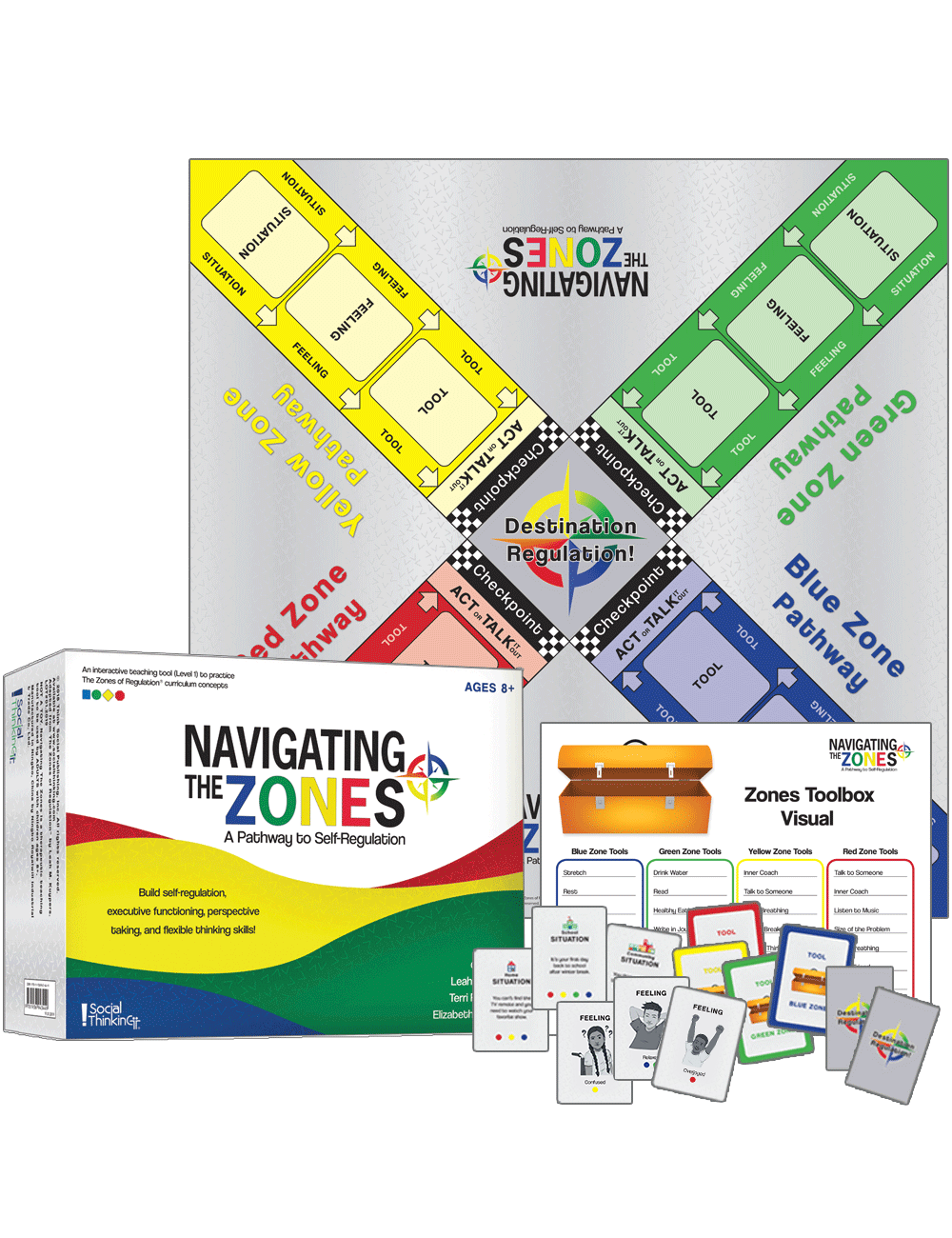
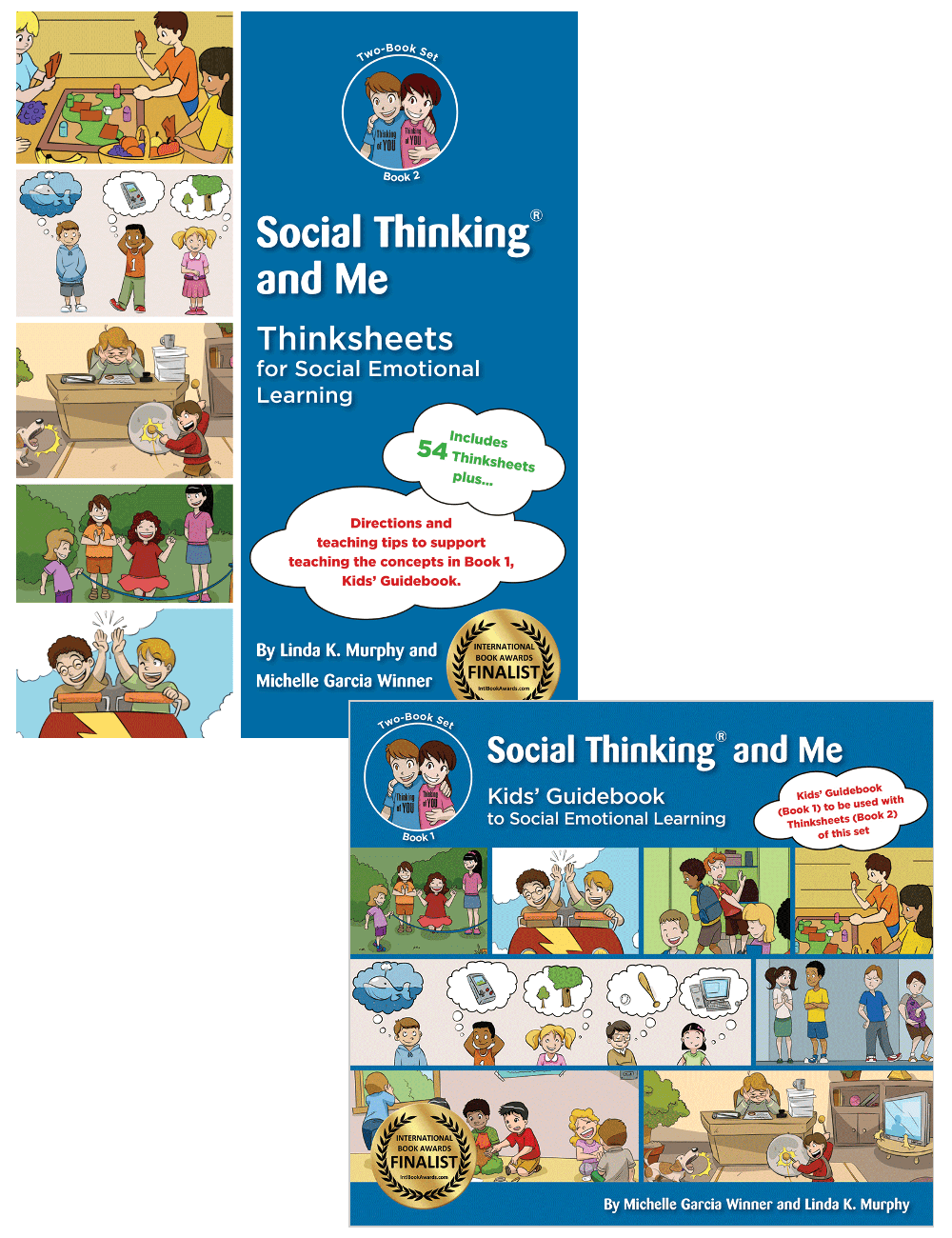
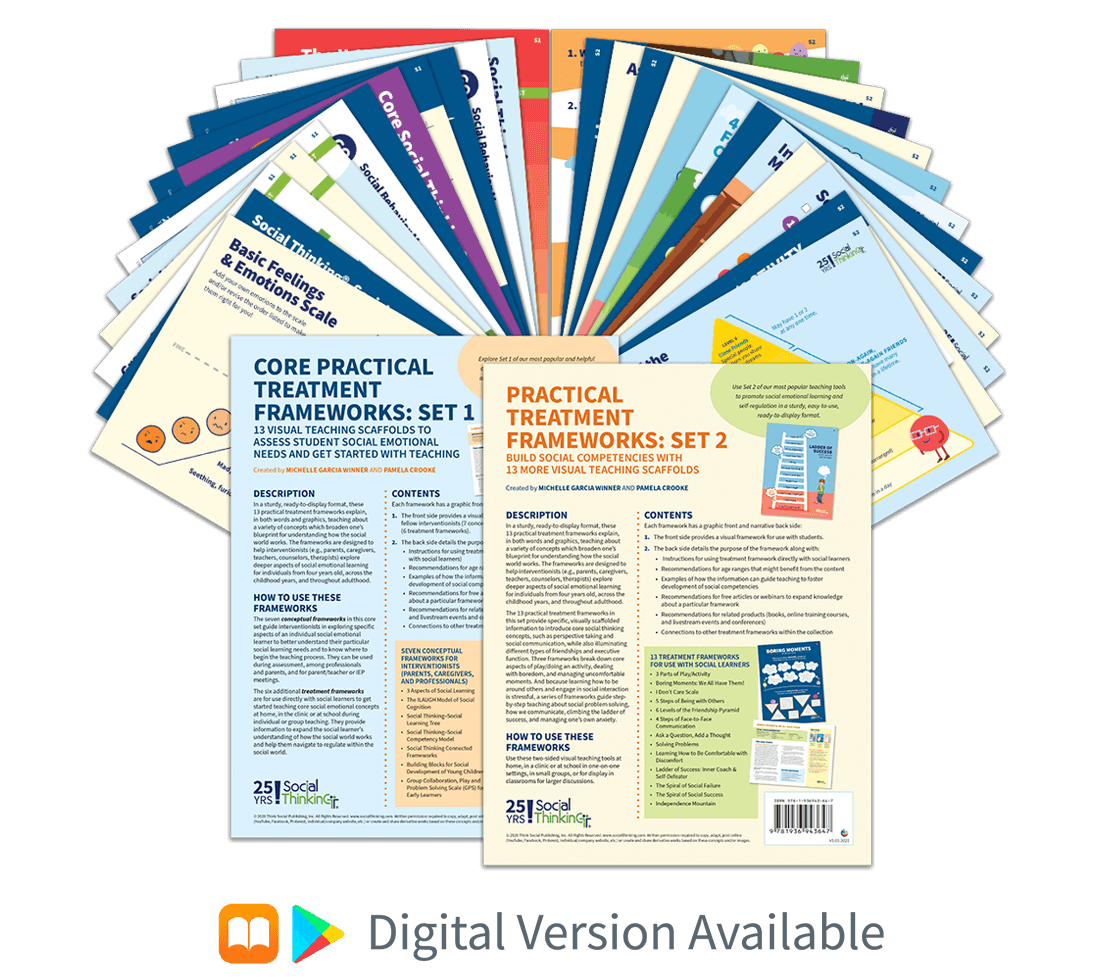
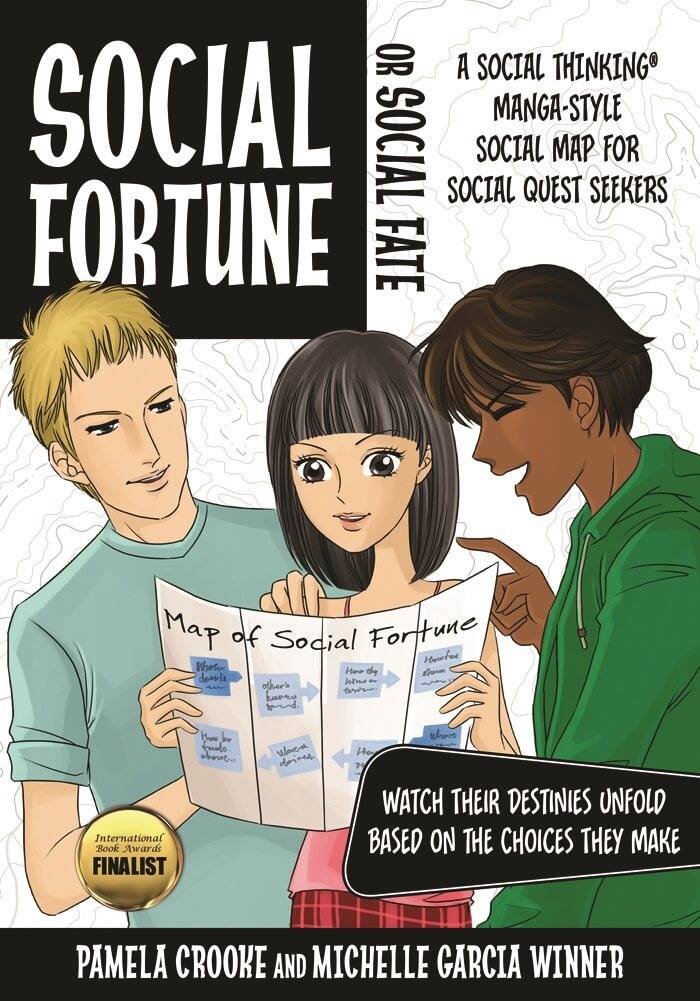

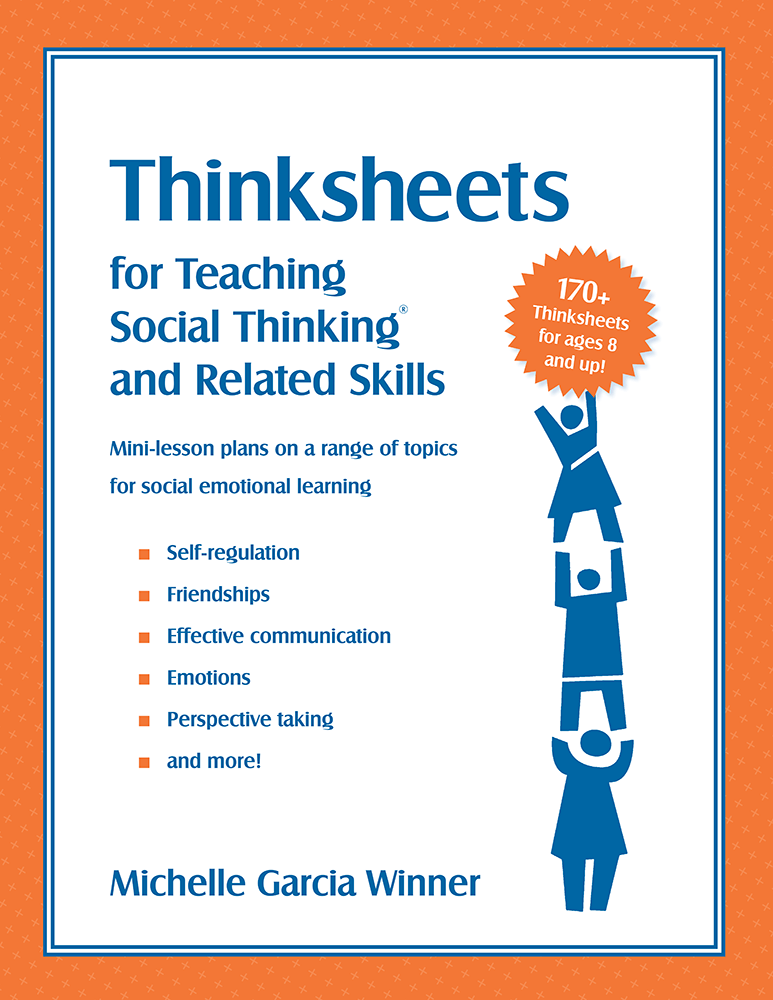
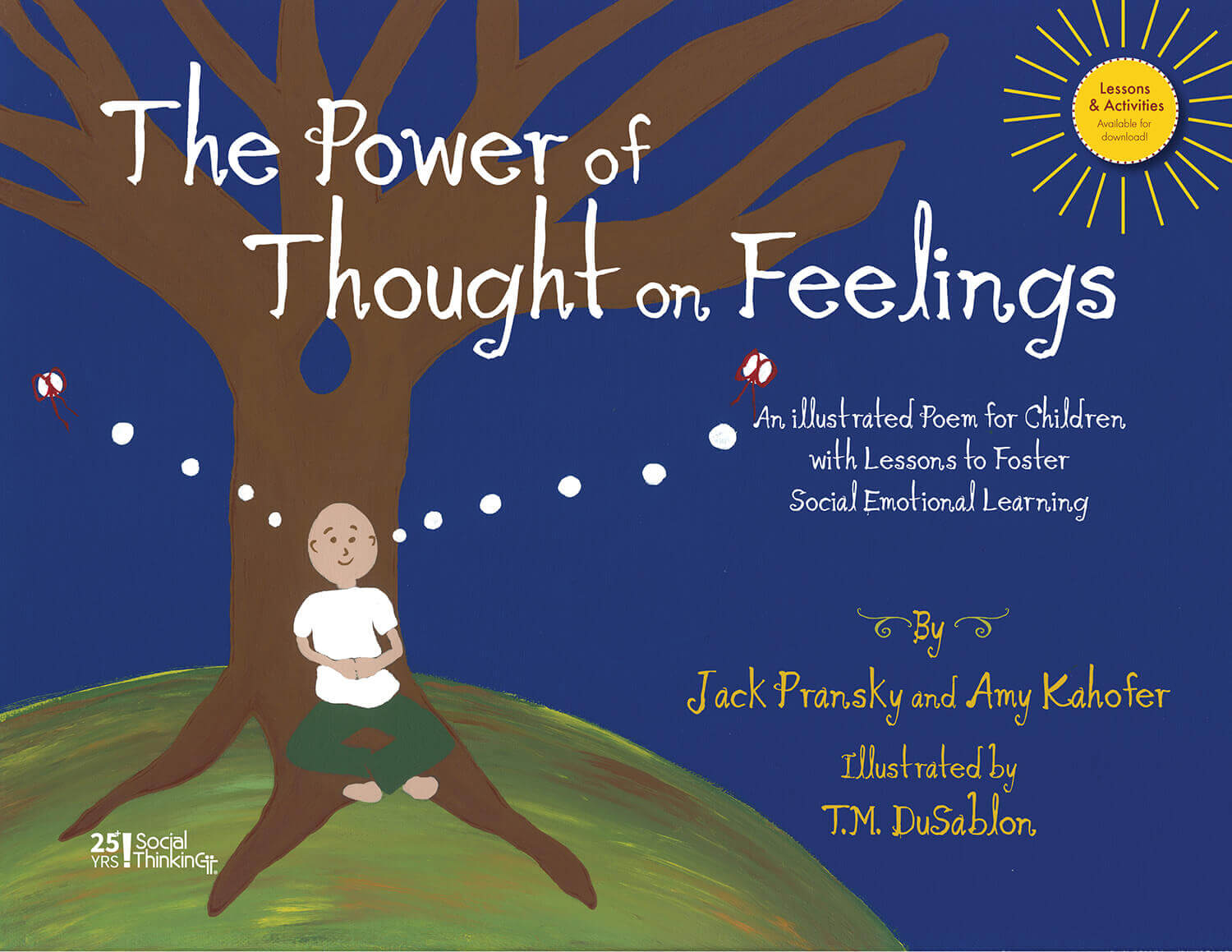
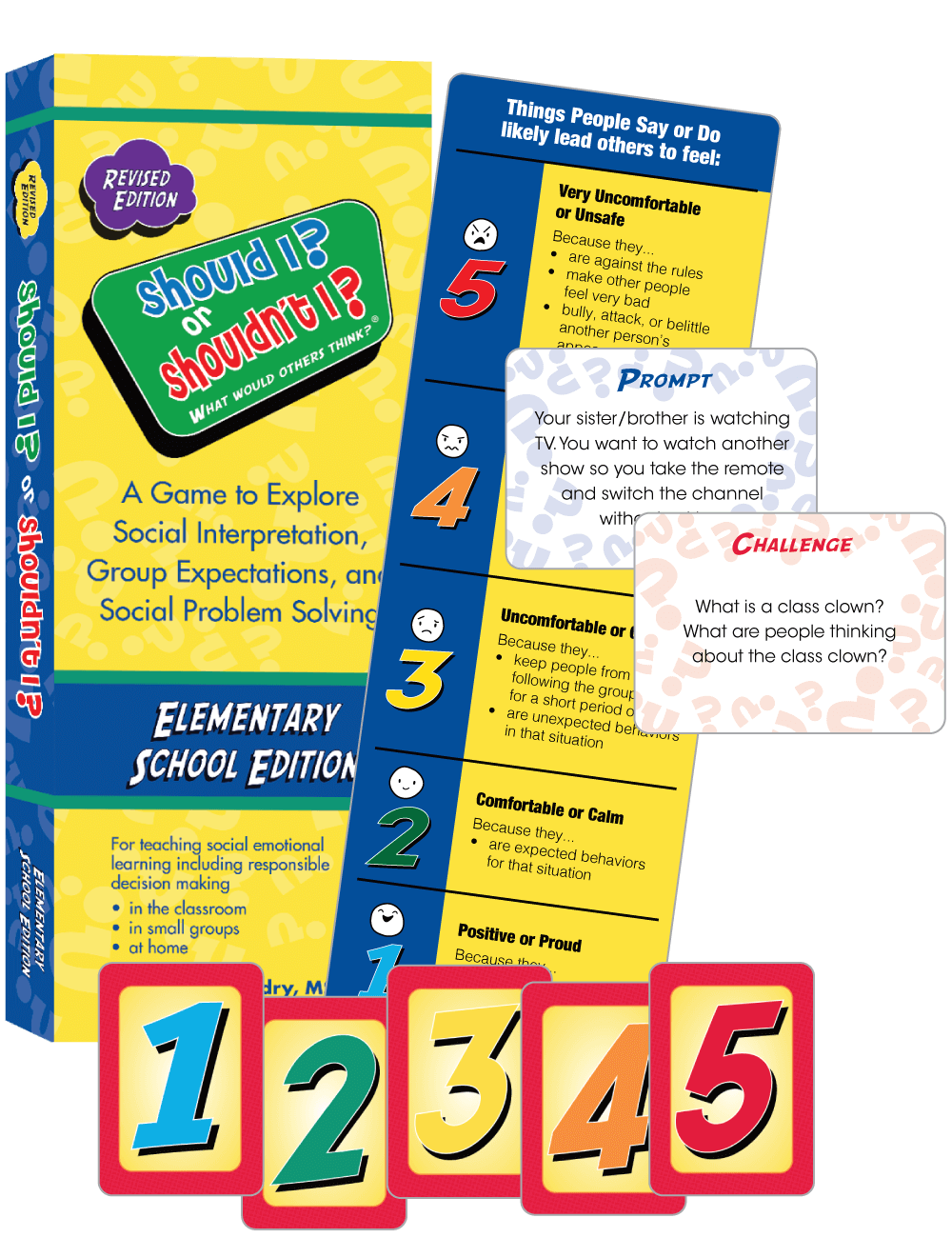
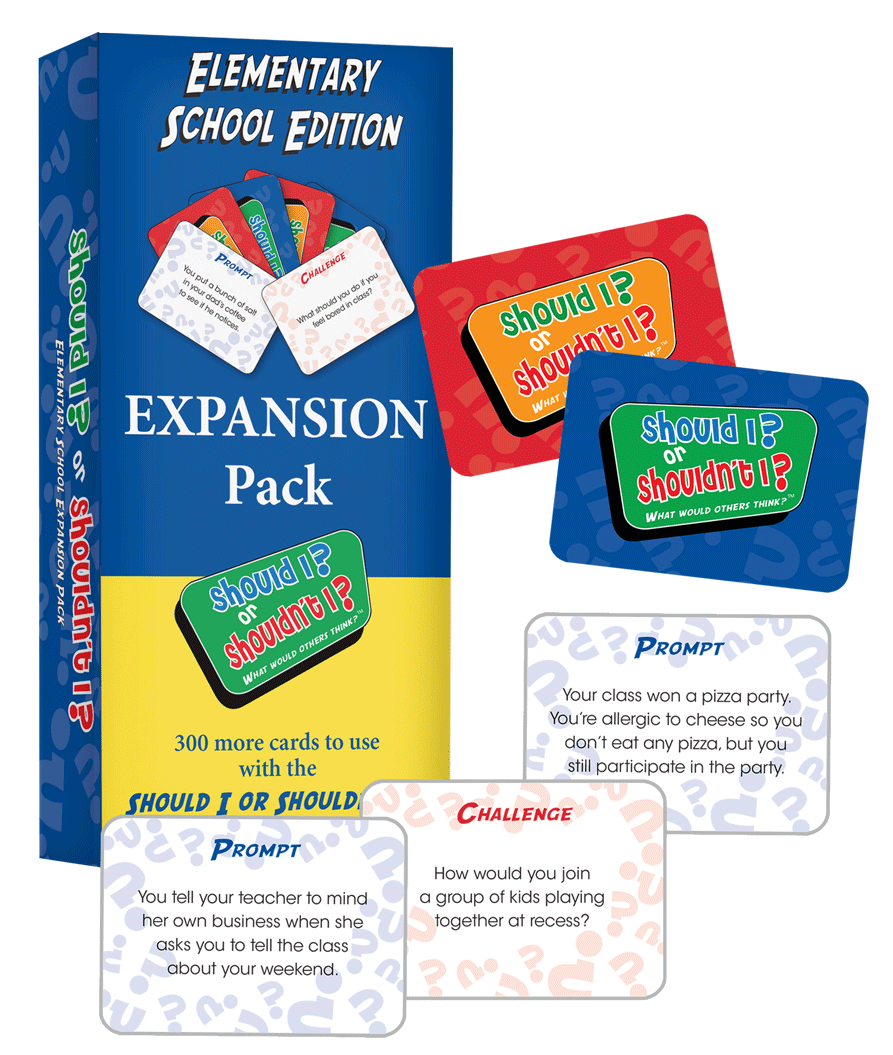
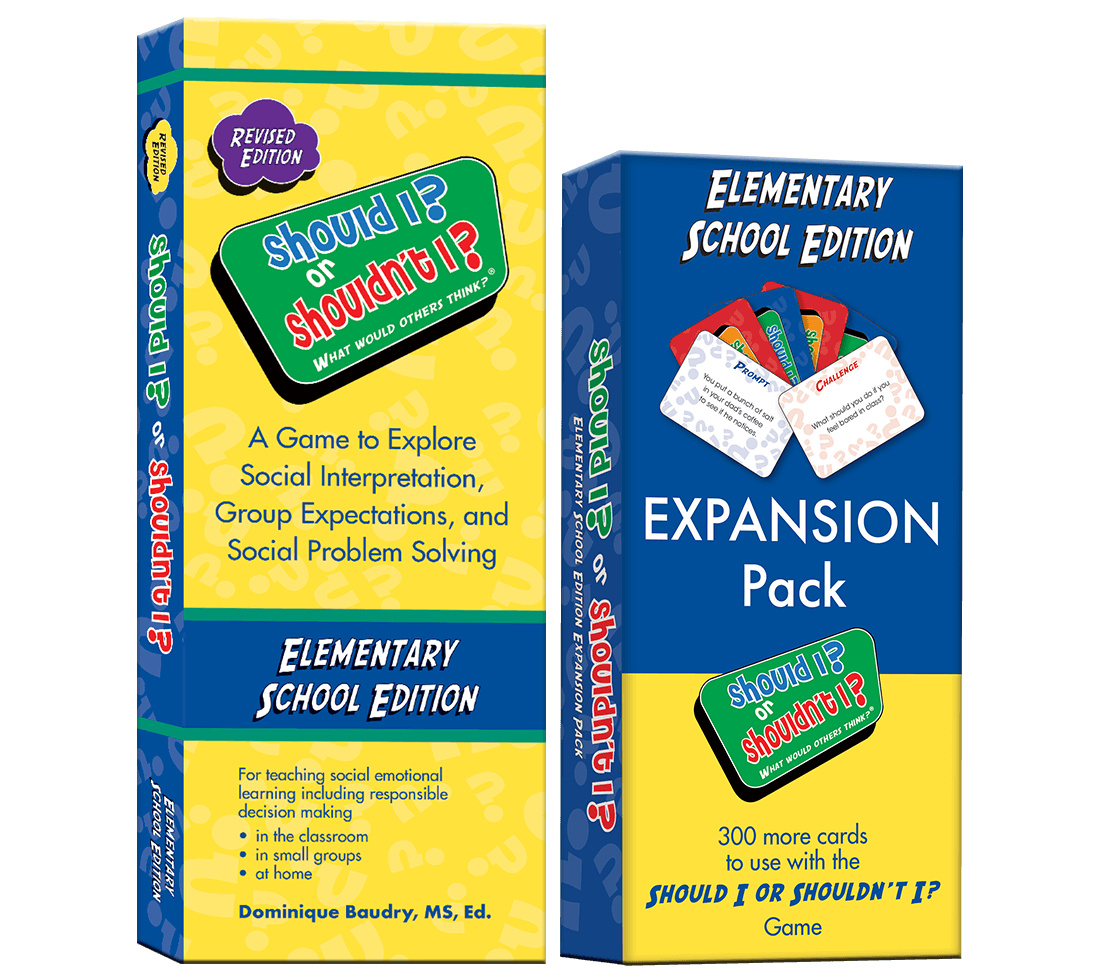
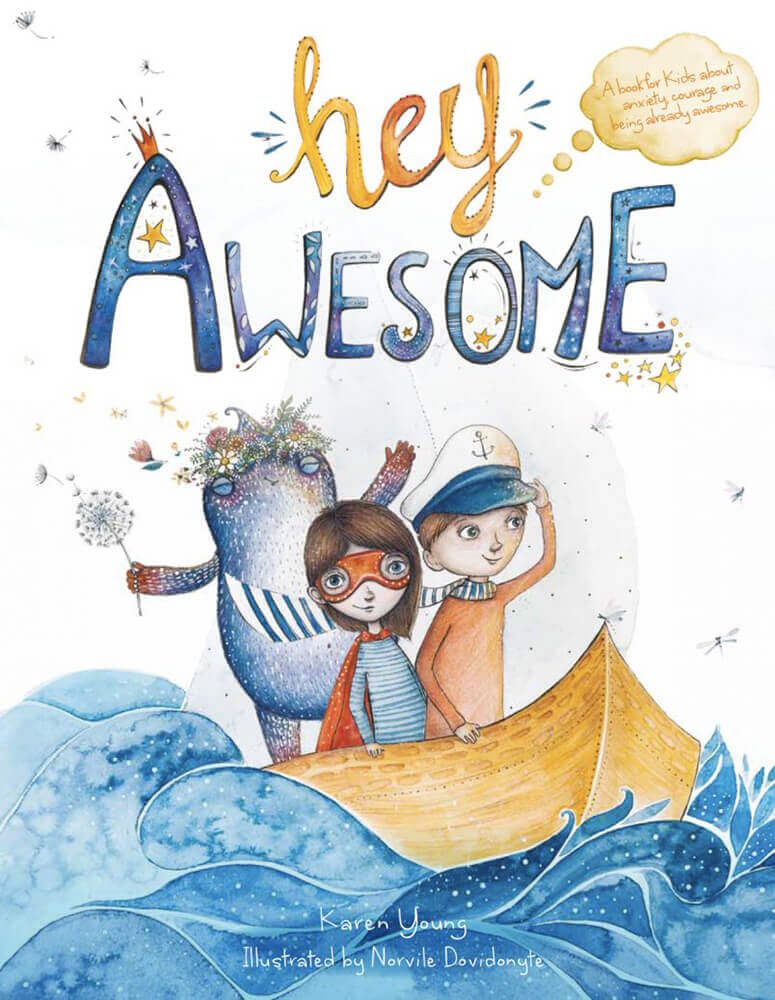
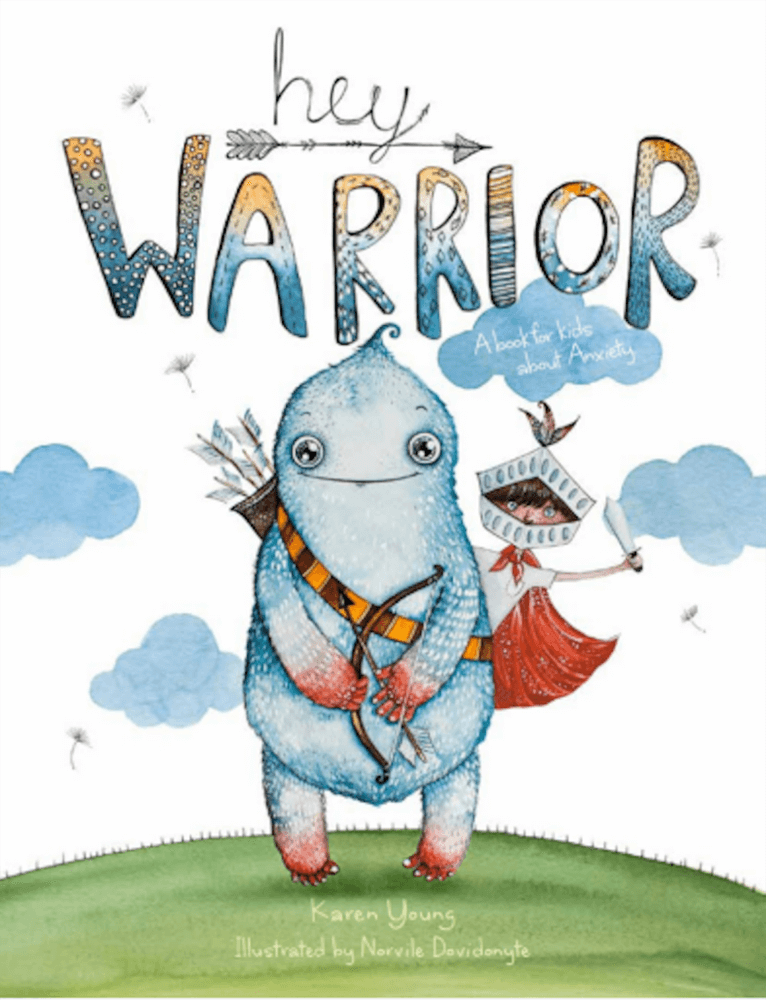
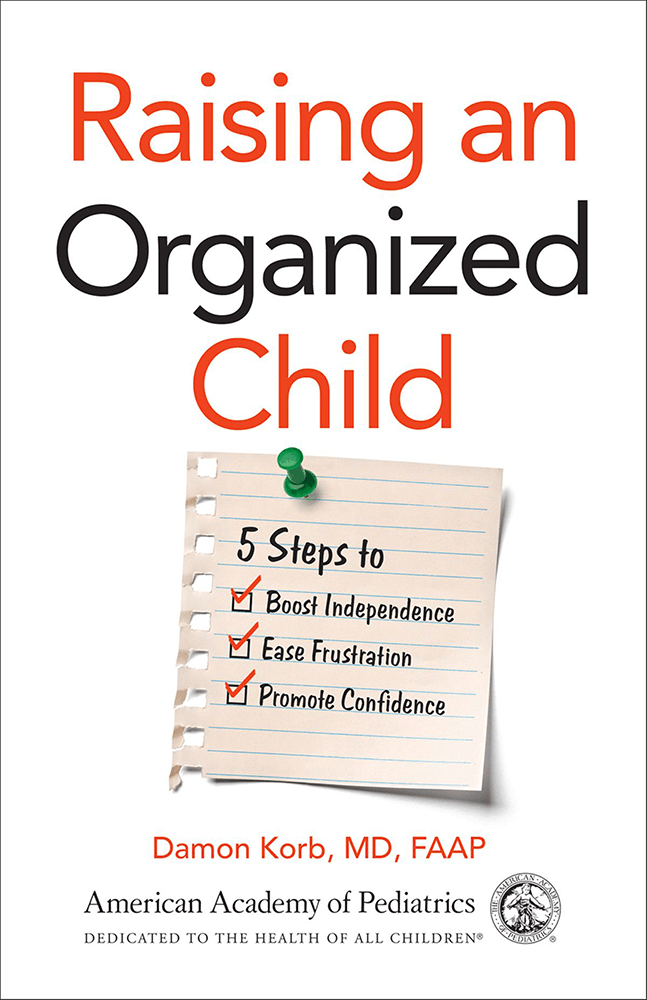
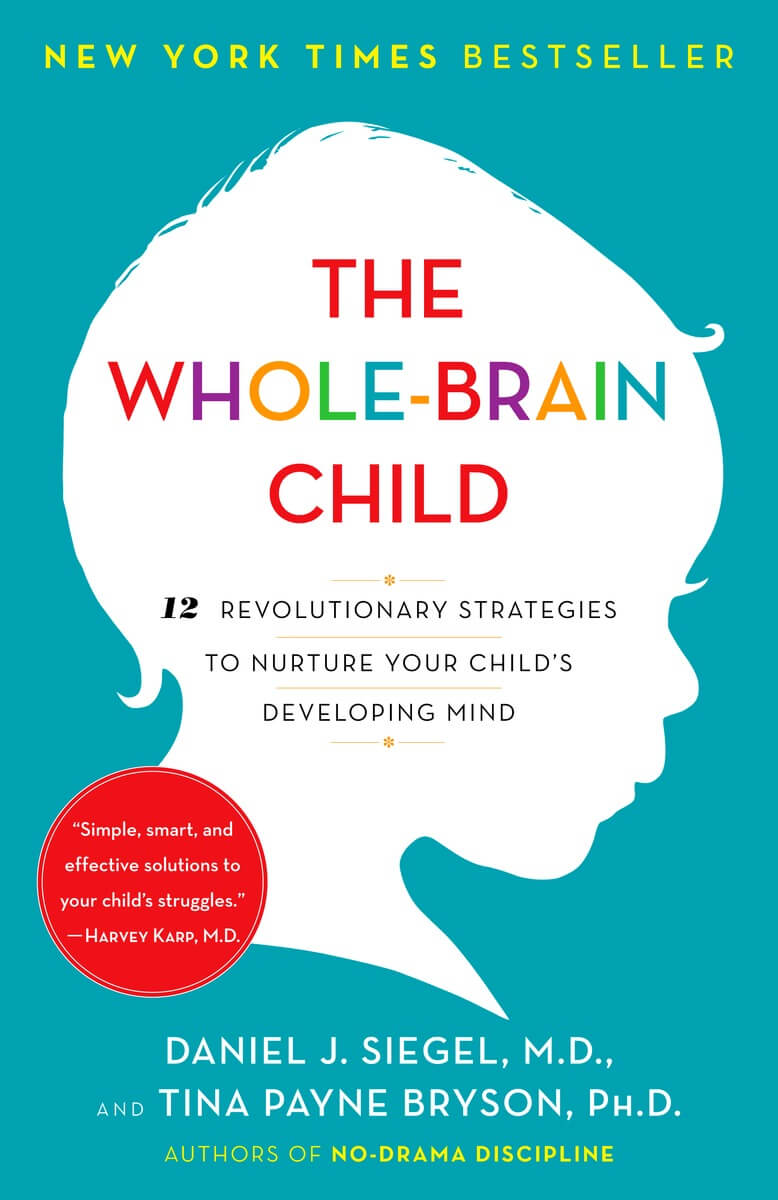
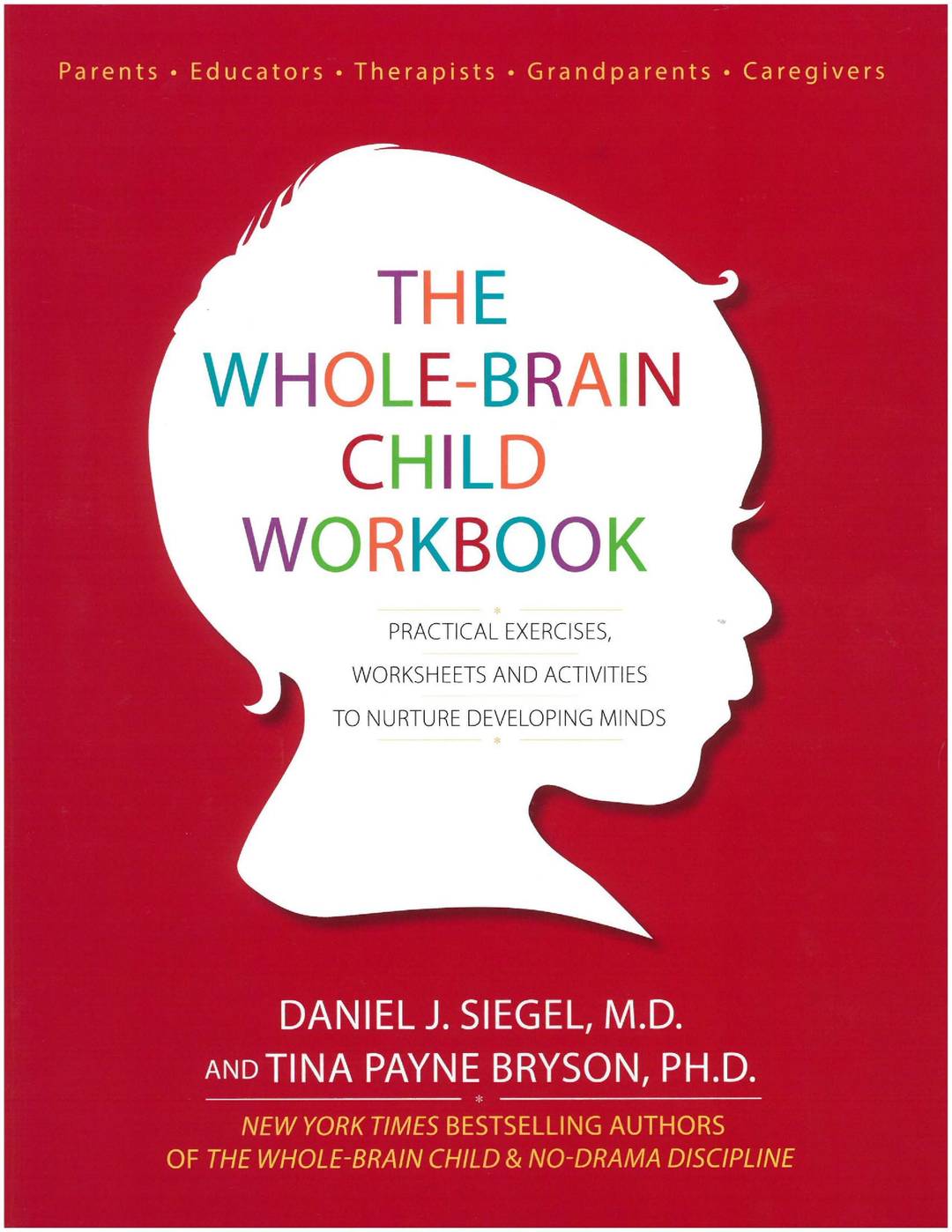
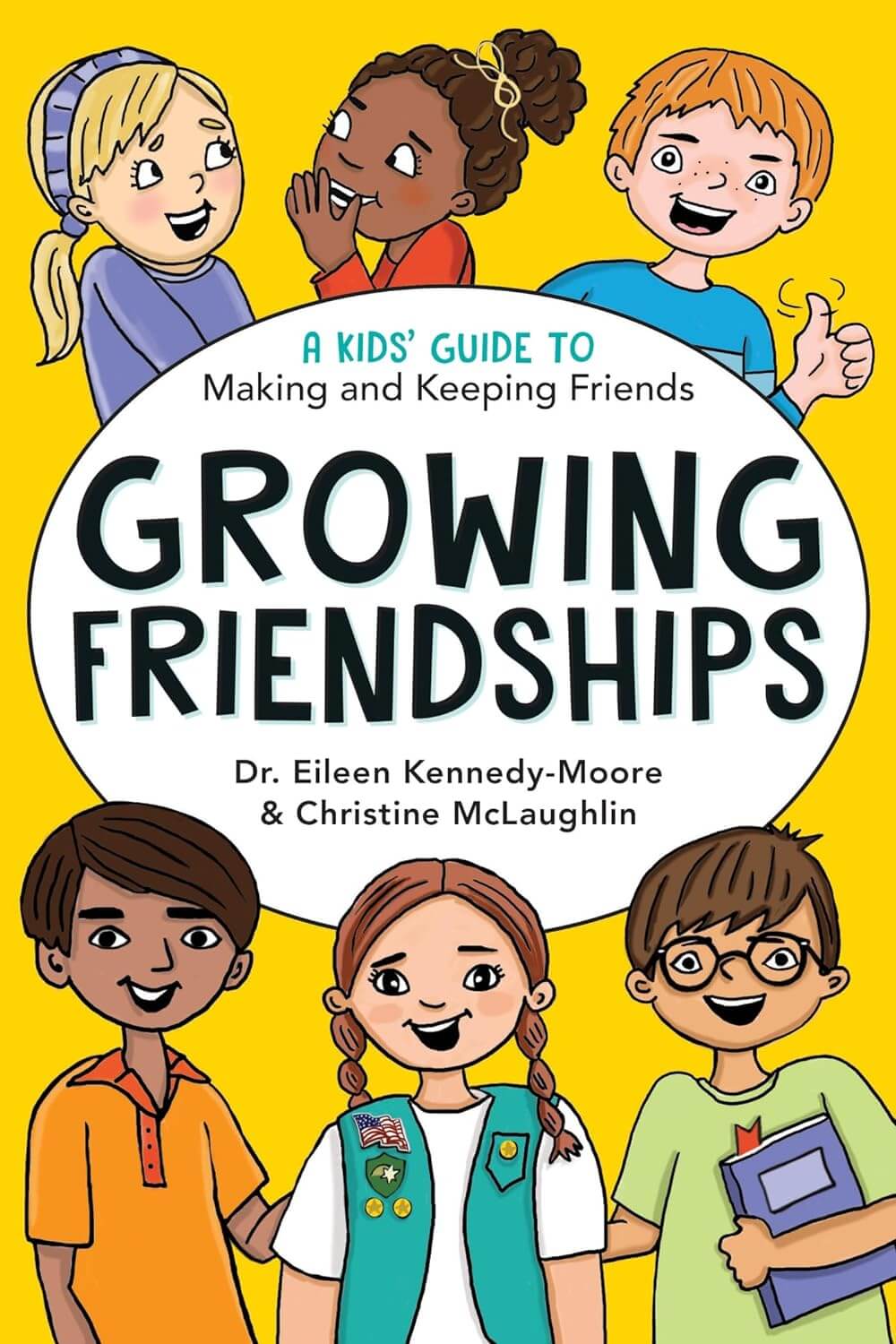
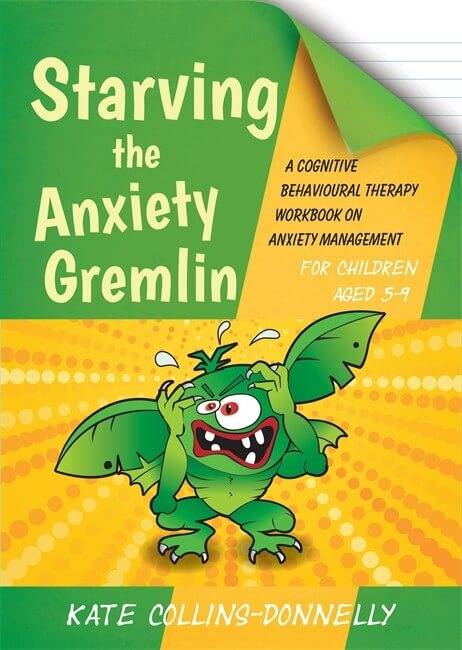
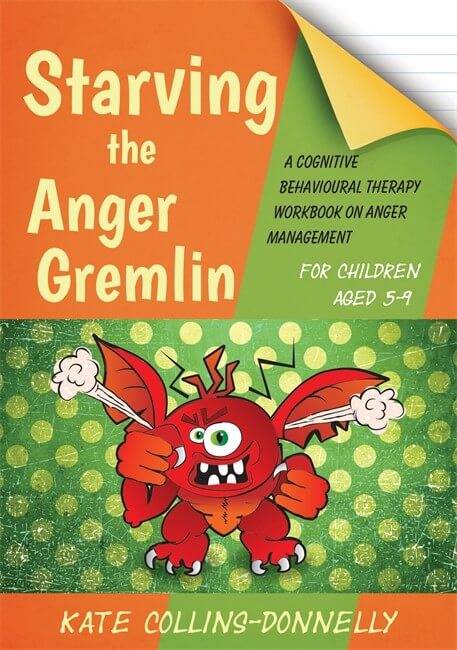

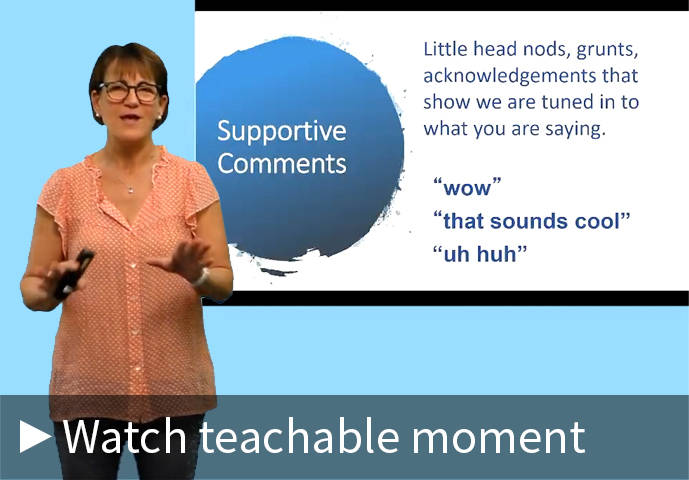
 Download this free visual
Download this free visual 
